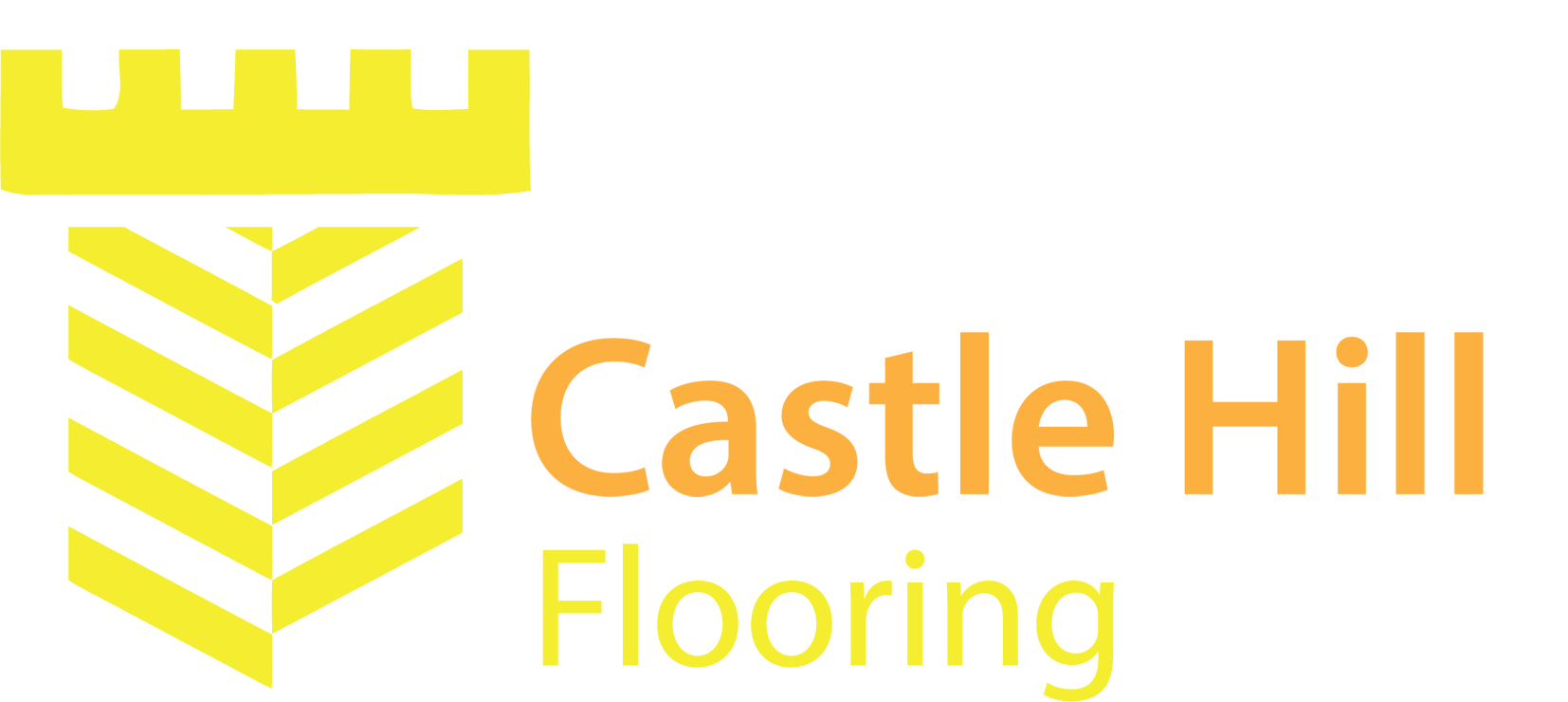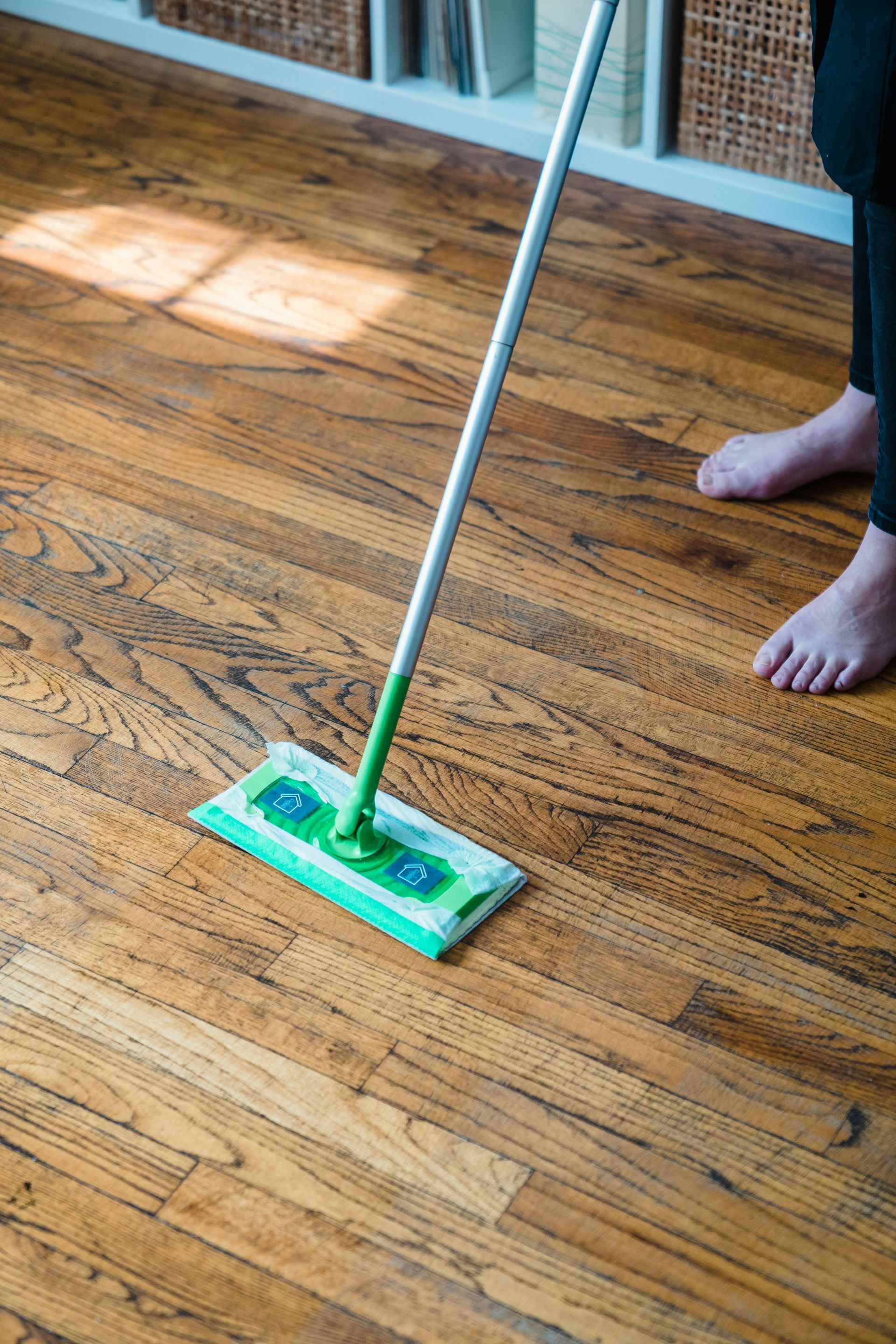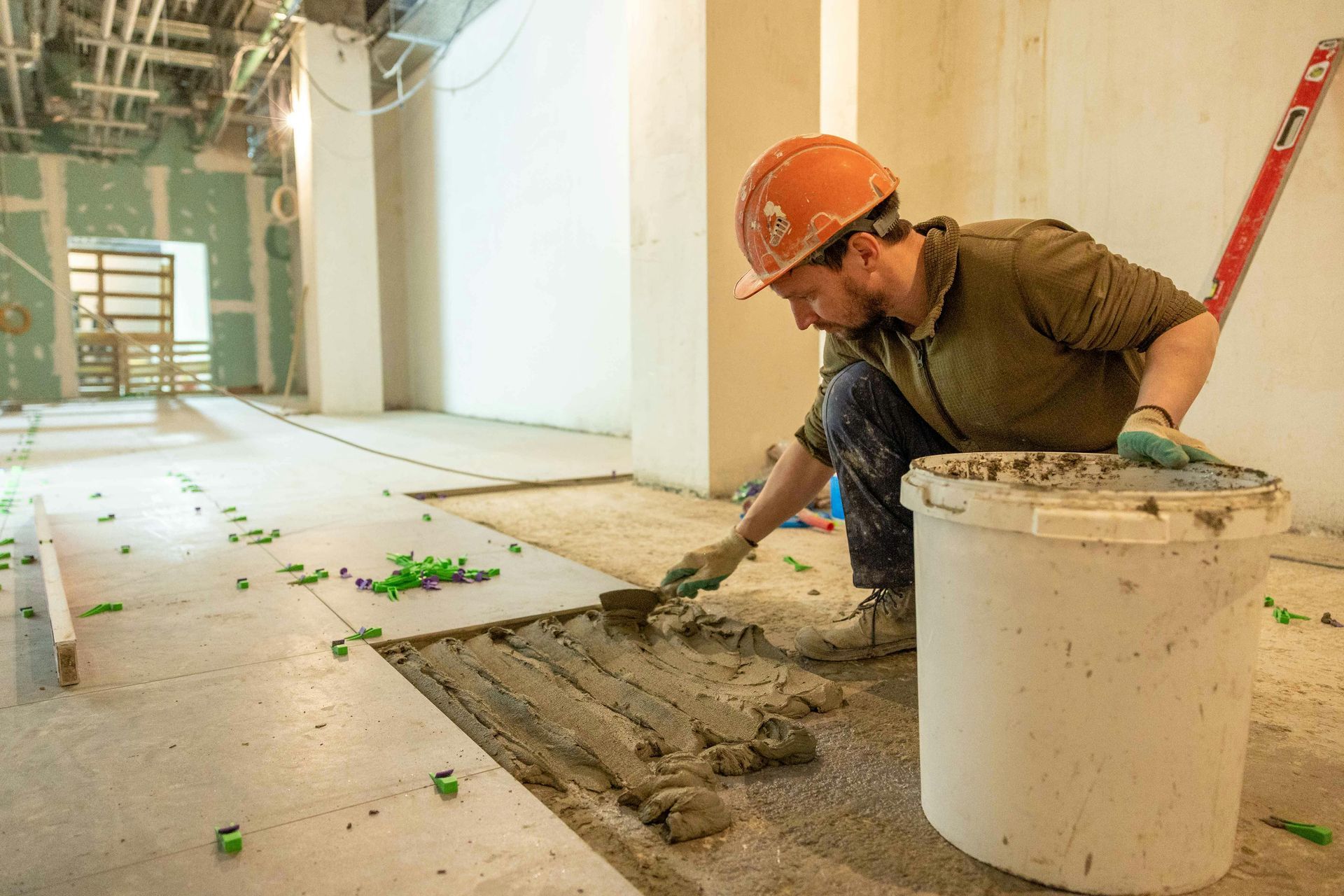Factors to Consider When Selecting the Right Hardwood for Your Property
Hardwood floors are a timeless addition to any home, offering both beauty and durability. When choosing the right hardwood flooring for your property, several key factors should guide your decision-making process. Every hardwood type has its pros and cons, so you must consider the different wood species types that best suit your aesthetic preferences and practical needs. Oak, natural wood, and maple are popular choices for their durability and wide availability, while exotic options like dark wood species can lend a unique, luxurious appeal to your interiors. Each wood species has distinct characteristics in terms of hardness and grain patterns, influencing both the durability and visual impact of your flooring. Understanding these distinctions can help you choose the flooring type that best aligns with your lifestyle, maintenance preferences, and budget constraints.

7 Vital Factors to Consider for Your Timber Flooring Project
1. Wood Species and Types
Choosing the right wood species for your hardwood floors goes beyond aesthetics—it impacts durability, maintenance, and overall performance. Oak, renowned for its strength and versatility, is a top choice for high traffic areas due to its durability and resistance to wear. Each wood species also varies in maintenance requirements. For instance, oak and maple are relatively easy to maintain with regular cleaning and occasional refinishing, while cherry and walnut may require more frequent care to preserve their natural luster.
Understanding these nuances helps in selecting a wood species that not only aligns with your design preferences but also meets the practical demands of your lifestyle and home environment. Whether you prioritize the natural beauty of solid wood floors or the stability of engineered options, choosing the right wood species ensures your wood flooring enhances both the aesthetic appeal and functionality of your living spaces for years to come.
2. Durability and Maintenance
When assessing the durability of hardwood types for your home or office, consider your lifestyle and the traffic patterns within different areas. Harder woods such as Brazilian cherry, oak, and maple are excellent choices for high-traffic areas like hallways and living rooms due to their ability to withstand dents and scratches.
These hardwood options not only enhance the durability of your wood floors but also contribute to the overall aesthetic and value of your property. By selecting hardwood species that align with your lifestyle and the specific demands of your home's foot traffic patterns, you can enjoy beautiful, enduring floors that withstand the rigors of daily life while maintaining their natural beauty for years to come.
3. Installation Process and Costs
Installation costs and processes associated with different hardwood floor options are also important factors to consider to make an informed decision. Solid wood floors often necessitates professional installation due to its complexity and the need for precise fitting, especially in older homes where floors may not be perfectly level. Installing hardwood floors can include acclimation, subfloor preparation, and precise nailing or gluing, which contribute to higher labor costs. Additionally, solid hardwood flooring typically comes at a premium price point, reflecting its durability and ability to be refinished multiple times over its lifespan, providing long-term value despite the initial expense.
Engineered hardwood flooring, on the other hand, offers a more flexible and cost-effective solution, particularly for DIY enthusiasts. Engineered wood floors consist of multiple layers of wood, which enhances its stability and makes it less susceptible to moisture damage compared to solid hardwood.. By weighing the installation process and costs, you can choose the hardwood flooring option that best fits your budget, skill level, and specific home needs. To install hardwood floors ensure to contact a reputable company like Castle Hill flooring.
4. Aesthetic Preferences
Consider the aesthetic appeal of various hardwood floor options in relation to your interior design style to ensure a cohesive and attractive look throughout your home. Wide planks, for instance, offer a rustic and spacious feel, making them a popular choice for country-style or open-concept interiors. On the other hand, narrow planks can lend a more traditional or formal appearance, perfect for classic or Victorian-inspired decor.
The finish of your hardwood floors also plays a significant role in the final look of your interiors. Site-finished floors, which are sanded and finished in place, offer a smooth finished seamless surface that can be customized with various stains and finishes to match your specific design preferences. Prefinished hardwood floors, in contrast, come with factory-applied finishes that are highly durable and consistent, offering a more straightforward installation process and immediate use. Whether you opt for a glossy finish to reflect light and add elegance or a matte finish for a more understated, contemporary vibe, the finish should enhance the natural beauty of the wood and align with your interior design goals.
5. Environmental Impact
If sustainability is important to you, look for hardwood floor products certified by organizations like the Forest Stewardship Council (FSC), ensuring responsible forest management practices. The FSC certification guarantees that the wood used in your flooring comes from forests managed in an environmentally responsible, socially beneficial, and economically viable manner. By choosing FSC-certified hardwood, you support conservation efforts, reduce the risk of illegal logging, and promote sustainable forestry practices. This commitment to sustainability not only protects forest ecosystems but also ensures that future generations can enjoy the natural beauty and benefits of hardwood forests.
In addition to FSC certification, consider hardwood flooring options that use reclaimed or recycled wood. Reclaimed wood flooring repurposed wood from old buildings, barns, and other structures, reducing the demand for newly harvested wood and minimizing waste. This type of flooring often features unique, weathered aesthetics that add character and history to your home.
6. Longevity and Resale Value
Investing in high-quality hardwood flooring can significantly enhance the resale value of your property. Potential buyers often look for homes with durable, beautiful flooring that promises longevity and easy maintenance. When selecting a hardwood floor, consider a flooring material that offers both immediate appeal and long-term benefits. Solid hardwood floors, for instance, can be refinished multiple times, allowing them to maintain their beauty and withstand years of wear and tear. Engineered hardwood flooring is another excellent option, particularly for areas prone to moisture or temperature fluctuations, as it offers superior stability and resistance to warping. By choosing a hardwood floor for your home, you ensure it remains attractive and functional for future owners, boosting your property's marketability. If you are looking for top-tier options, Castle Hill Flooring offers a comprehensive selection of hardwood flooring products that cater to both contemporary and traditional tastes.
7. Budget Considerations
Finally, establish a budget that accommodates both the cost of materials and installation to ensure your hardwood floor project is financially feasible. Begin by researching the different types of hardwood flooring options available, such as solid hardwood, engineered hardwood floors, and reclaimed wood. Each type comes with its own price range, influenced by factors like wood species, plank size, and finish. For instance, exotic wood species like Brazilian cherry or walnut may be more expensive than more common options like oak or maple. By understanding these cost variables, you can make informed decisions that align with your financial constraints while still achieving your desired aesthetic and functional outcomes.
Get quotes from a leading hardwood flooring company to find the best floor balance between quality and affordability. Request detailed estimates that include the cost of materials, installation, and any additional services such as subfloor preparation or removal of old solid wood flooring. Companies like Castle Hill Flooring, known for their high-quality hardwood flooring products and expert installation services, can provide comprehensive quotes that help you understand the total investment required. By thoroughly comparing quotes and evaluating the reputation and expertise of different providers, you can select a flooring company that meets your budget and delivers exceptional results.
Conclusion
By carefully considering these factors, you can confidently select the right hardwood floor for your property that aligns with your practical needs and aesthetic preferences. Whether you opt for solid hardwood, engineered hardwood, or a specific wood species, your choice will enhance the natural beauty and value of your home for years to come.
About Castle Hill Flooring
Castle Hill Flooring is your local expert in timber floor sanding. Our dedicated team, experienced in both residential and commercial projects, specializes in restoring and repairing timber hardwood floors to their original beauty. Regardless of the condition or design of your floorboards, we possess the skills and knowledge to revitalize them. Contact us today at 0242 026 314 to learn more about achieving stunning yet affordable timber floors for your space.
At Castle Hill Flooring, we prioritize quality craftsmanship and exceptional service. Whether you're looking to refresh your home's wooden floor or enhance the appeal of your commercial space, we provide expert care and guidance every step of the way. Trust us to deliver outstanding results that exceed your expectations while staying within your budget. Reach out to us now to discover the difference Castle Hill Flooring can make for your timber floors.
Categories
Timber Flooring



